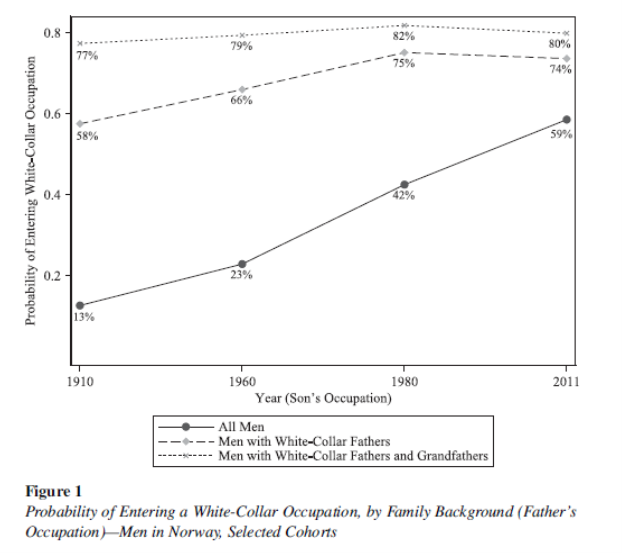There have been a number of new contributions around ethics questions in RCTs or field research more broadly lately so doing a mini- 🧵on ethics papers that are useful for all of us to review #EconTwitter
@DaveEvansPhD has a brand-new paper in Journal of Development Effectiveness about ethics in RCTs, w/useful points for reflection in different stages (planning / conducting / publishing)
tandfonline.com/doi/full/10.10…
tandfonline.com/doi/full/10.10…
One recent paper from Asiedu @Monica_Lambon @deankarlan @chrisudry proposed a structured ethics appendix for social science papers as an opportunity to reflect on + refine key ethics norms
This includes (not limited to) researcher roles; potential harms; conflicts of interest; and both use and misuse of results
pnas.org/doi/abs/10.107…
pnas.org/doi/abs/10.107…
@jisteinert has a series of recent related papers on ethical questions related to treatment of + participation by field research staff in LMICs @LennartKap @david_atika @GlobalHealthBMJ
sciencedirect.com/science/articl…
gh.bmj.com/content/6/7/e0…
thelancet.com/journals/langl…
sciencedirect.com/science/articl…
gh.bmj.com/content/6/7/e0…
thelancet.com/journals/langl…
Adjacent though distinct (focusing on ethical reporting in field research, not necessarily RCTs) is this pre-print from @a_peterman @Alesscguedes @JohtChandan @amiyabhatia analyzing ethical reporting of research on violence against women/children during COVID-19 pandemic
Found generally low adherence to guidelines around transparently reporting ethics.
medrxiv.org/content/10.110…
medrxiv.org/content/10.110…
I'm partial to this paper from @avdeenkoalex @MatthiasStelter
that actually experiments w/different methods to enhance understanding of survey respondents in the consent process + finds that a more interactive dialogue seems to help
papers.ssrn.com/sol3/papers.cf…
that actually experiments w/different methods to enhance understanding of survey respondents in the consent process + finds that a more interactive dialogue seems to help
papers.ssrn.com/sol3/papers.cf…
@jaylyall_red5 has an intriguing proposal (also interdisciplinary overlap here with political science) focusing particularly on research among vulnerable populations / in fragile settings: preregister ethical "red lines" in terms of assessing and managing harms and risks. . .
In order to avoid sliding into unethical practices over time (e-hacking)
papers.ssrn.com/sol3/papers.cf…
papers.ssrn.com/sol3/papers.cf…
Lots to dig into! I am not sure how running RCTs is taught in grad school these days, if at all (wasn't covered much in my dev classes; I learned by doing), but a module on ethics in conducting field research + RCTs seems like a crucial component, + there's plenty of material
• • •
Missing some Tweet in this thread? You can try to
force a refresh

 Read on Twitter
Read on Twitter






